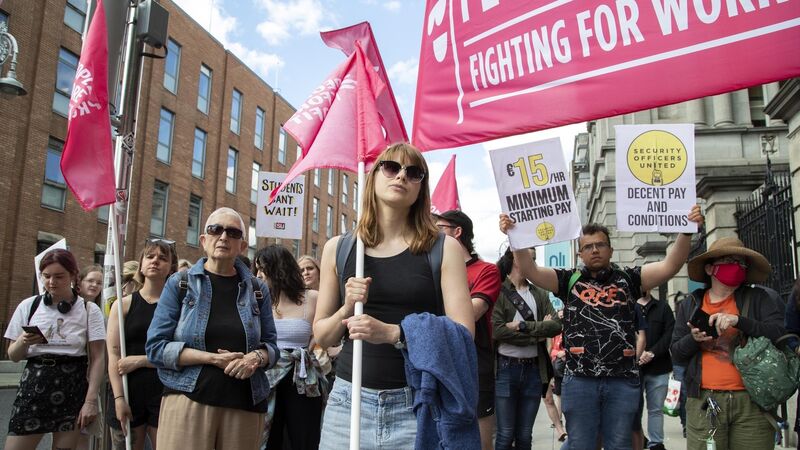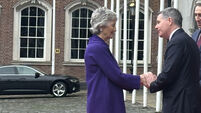Irish Examiner View: In difficult times, debate must be civil

Political protest, such as this cost-of-living demonstration at the Dáil, is a healthy part of democracy. Entirely different are threats and even violence directed at politicians. File Picture: Colin Keegan/Collins
In a world where it is common for people to bemoan the aptitudes and understanding of politicians and administrators in public life, it can be worthwhile pausing to ask the question: “Why would anyone do this job, anyway?”
The coarsening of forms of debate, the corrosive personalisation of politics and social campaigning, and the relentless pressures from always-on, always-available, communications networks are heavy disincentives to a life of duty to fellow citizens.
















